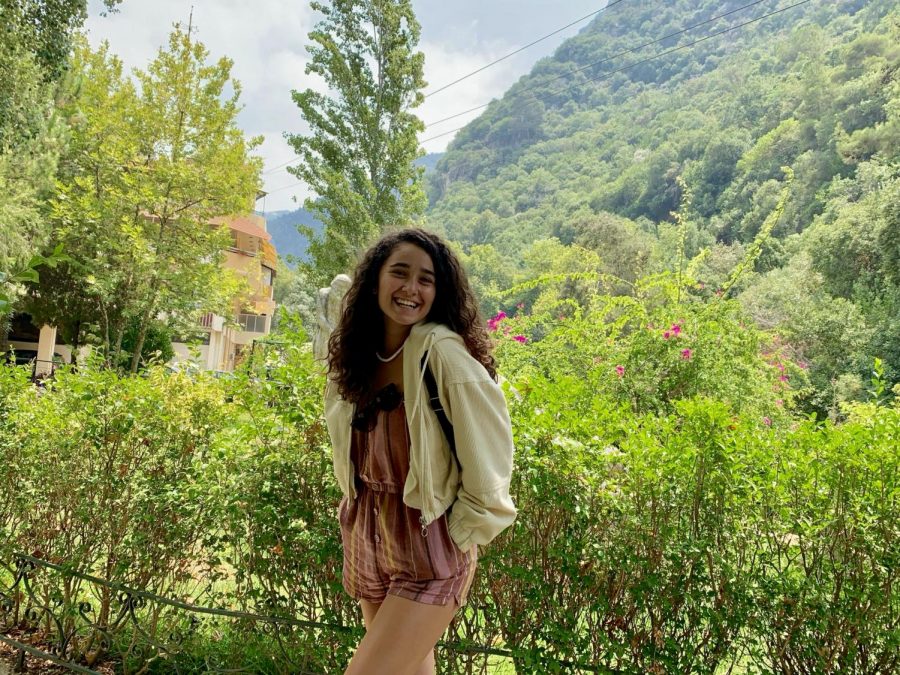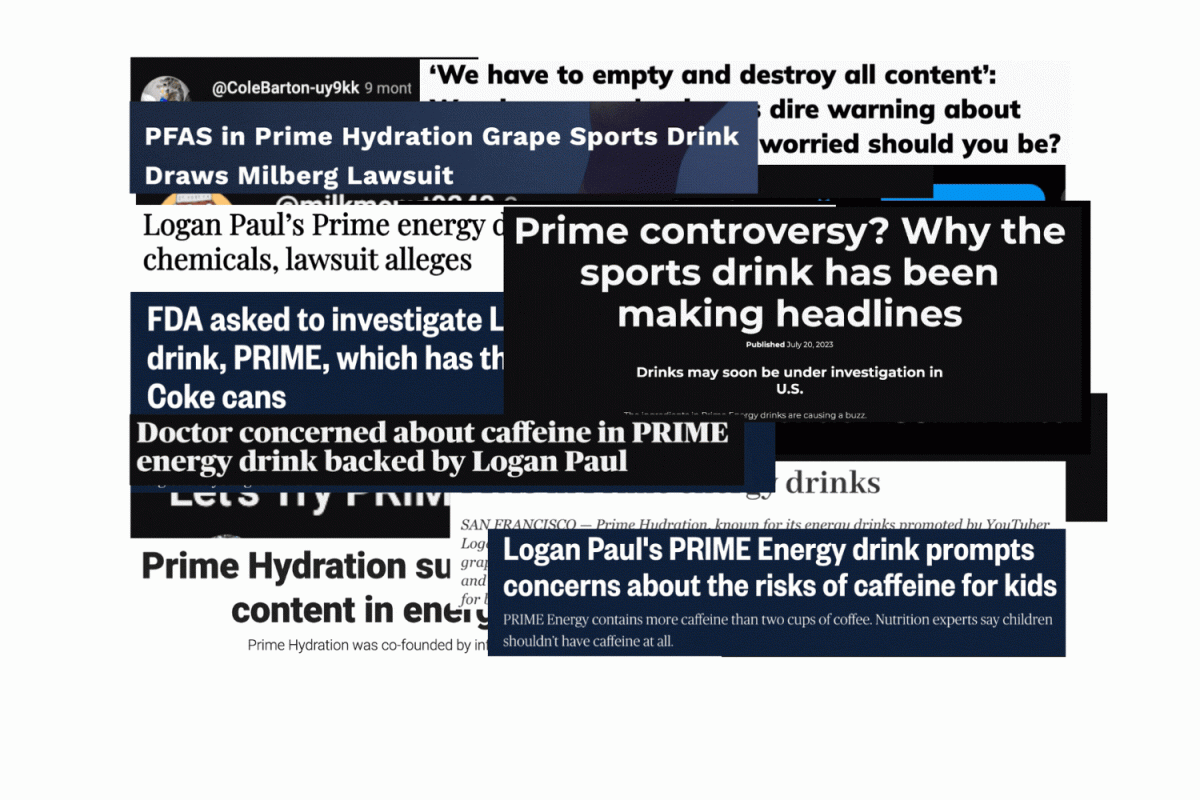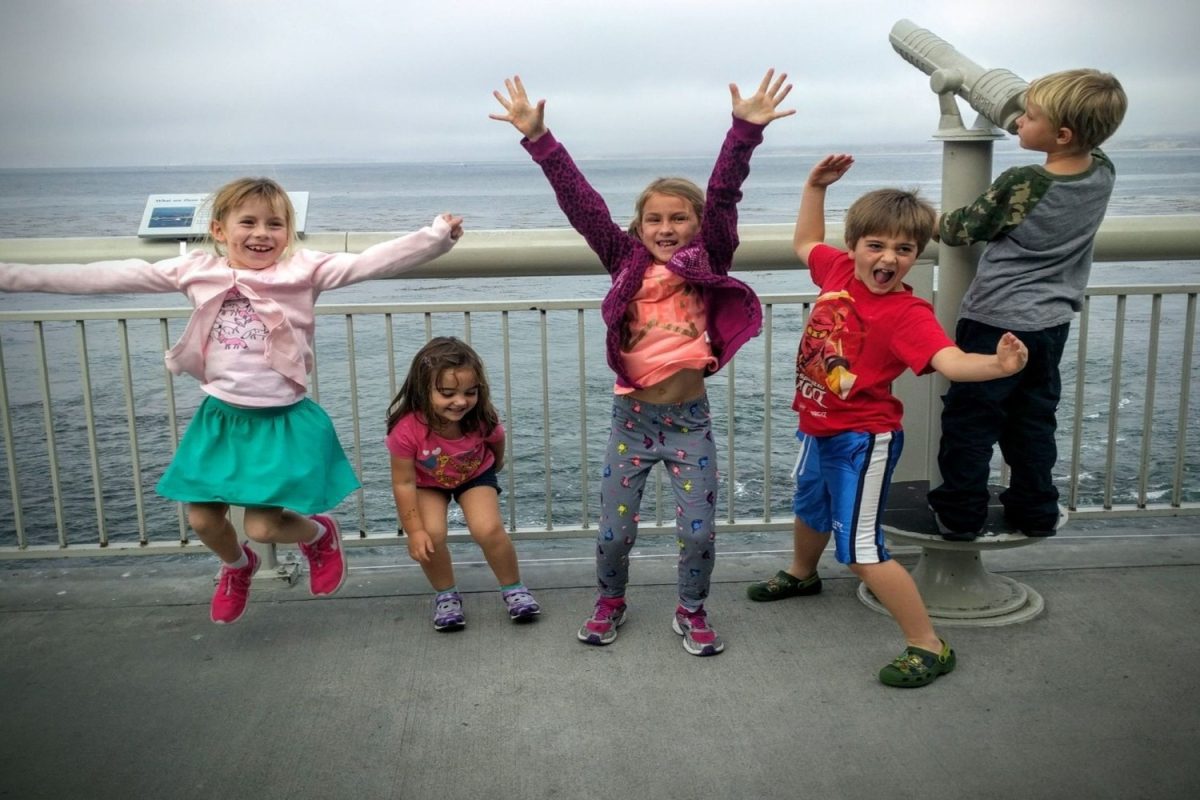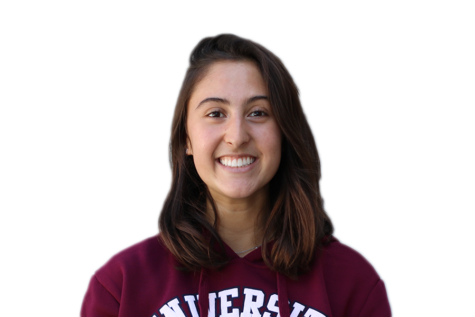When she woke up, she saw a different person in the mirror.
Her entire body was yellow. Her face was sunken in, and the whites of her eyes were covered in a yellow glaze.
She looked as though the life had been sucked out of her.
But she refused to let herself feel that way.
That reflection once belonged to Naya Salah, a junior at Carlmont who won the grueling fight against leukemia.
Leukemia is a severe cancer of the body’s blood-forming tissues, including bone marrow and the lymphatic system. The disease is most commonly found in children and is highly variable in regards to treatment.
At the young age of 12, Salah was diagnosed with a moderate-to-severe case of leukemia after her coach deemed her too unwell to play in one of her basketball games.
“When I was in seventh grade, I showed up at one of my team’s basketball games expecting to play as I always did. However, once I walked on the court, my coach and teammates were extremely worried about my yellow appearance,” Salah said. “I was upset because I felt alright at the moment, but I am forever grateful that my team pointed a symptom out to me.”
After the game, Salah and her parents made frequent trips to their local hospital to get her blood tested for any potential diseases that could have caused the yellowing.
When the blood test results arrived, Salah overheard her parents panicking about the diagnosis.
“I vividly remember being in my room and hearing my mom scream, ‘LEUKEMIA?’ I had no idea what that word meant, so I looked the word up online, and I was terrified,” Salah said. “Moments after I saw the definition, my mom rushed into my room and told me to pack a small suitcase for the hospital. Little did I know, this would not just be an overnight trip.”
Salah spent the next month in Stanford Hospital’s emergency care unit, where she received multiple rounds of chemotherapy in the hopes of treating the disease early on.
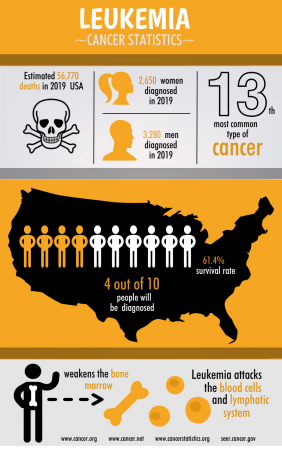
During the treatment, Salah, fortunately, did not have a lot of hair loss, but she did lose strength in her immune system, which hindered her ability to move out of the hospital bed.
“The hardest portion of my chemotherapy was definitely getting a port, which is a small disc that connects to my main blood vein and allows the doctor to pump medicine throughout my bloodstream,” Salah said. “I will never forget the pain of this treatment, but the scar it left on me will always be a constant reminder of how lucky I am.”
Throughout this vicious cycle of chemotherapy, Salah was not able to attend school. Instead, she used a Beam robot that sat in her classes and allowed her to learn the missed material from her hospital bed.
However, Salah refused to miss her middle school Washington D.C. field trip and begged the doctors every day during her recovery if she could be discharged for a few days so she could attend.
The doctors were extremely pessimistic in her recovery, but Salah never lost her optimism.
“My main observation during my journey through cancer was that the doctors, who should be the people who encourage a patient’s recovery, are actually the most negative. Perhaps this is just my personal experience, but the doctors undermined me,” Salah said. “I knew in my heart that if I kept a positive mindset and never doubted my body’s strength, I would be able to go to D.C. with my classmates like a normal student.”
To the doctors’ surprise, Salah’s chemo numbers went down, and they allowed her to be discharged from the hospital bed to attend her field trip.
After she returned from D.C., Salah was able to be discharged from the hospital, but still made frequent visits to receive treatment for the next three years.
During her final year of treatment, the doctors’ noticed an alarming incline of leukemia cell reproduction in Salah’s bloodstream, which added an extra phase of chemotherapy that came as a major concern to her parents.
“The worst part of my recovery was knowing how worried my parents were, which is why I vowed to myself that I would never lose hope,” Salah said. “I did not care how pessimistic my doctors were. I knew in my heart that maintaining my mental stability was crucial for my recovery, so I continued to fight with positivity.”
After enduring years of grueling chemotherapy, Salah was officially discharged from the hospital and cured of leukemia in 2018.
Salah’s friend Joey Du Bois, a junior, said, “Naya is one of the strongest and most amazing people I know because she always puts other people first despite anything she might be going through. Her story and optimistic outlook on life inspire me every single day.”
Through her experience, Salah strives to help others change their perspective on life and encourages optimism in a world filled with negativity.
“Enduring cancer treatment definitely changed my outlook on the world and made me truly understand how precious every second of our lives are,” Salah said. “It makes me upset when people constantly complain over aspects of their life that they have no control over. I want to help others have hope and see the good in their lives by sharing my story.”
Despite the trauma she endured and her doctors’ pessimism, Salah continues to live life to the fullest and never gave up on her hobbies and athleticism.
Salah’s teammate Dani Dinulos, a senior, said, “I have been playing tennis with Naya this whole year, and her positivity is infectious. She never fails to motivate me, and she truly has opened my eyes to how fortunate I really am.”
Salah hopes that her recovery can help inspire others who may be enduring any type of negativity or trauma in their current life to prioritize their mental health and to try to stay positive no matter what anyone says.
“The word ‘cancer’ has always had a negative connotation in our society, and I think that mindset needs to change,” Salah said. “The negatives in our lives are inevitable, and the sooner a person accepts that, the easier it becomes to cope with them. I have found that an optimistic mindset has the power to remedy one’s mental stability, and I want to encourage this positivity for the rest of my life.”


